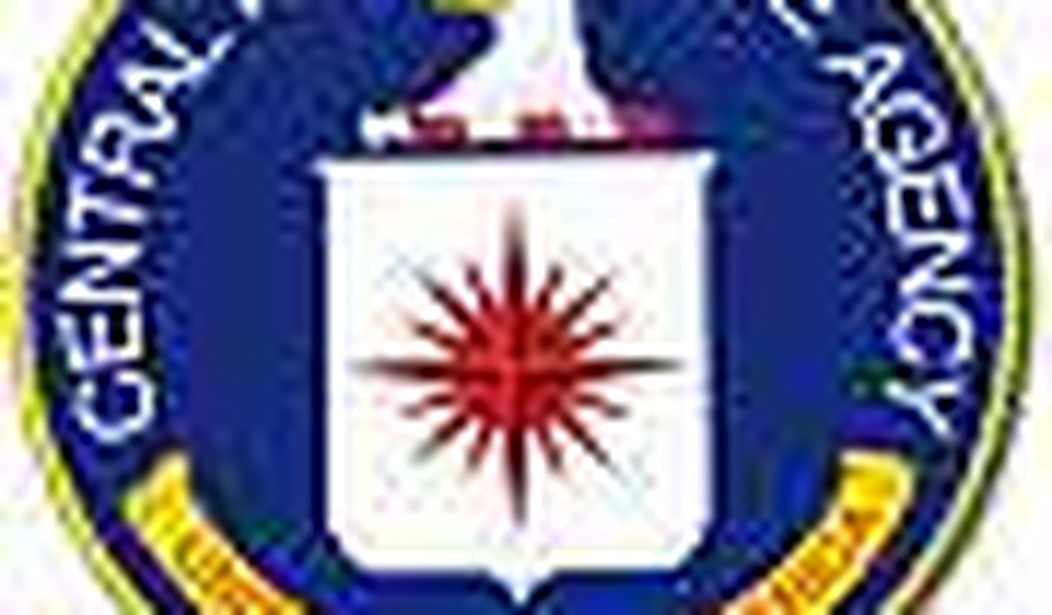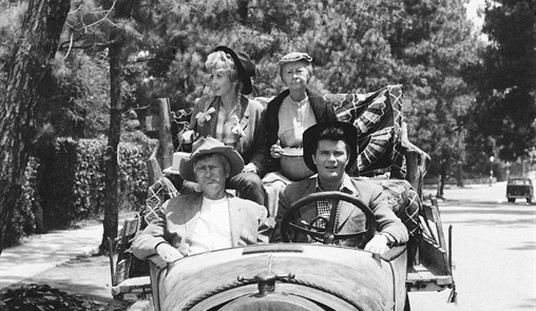On the morning of December 31, 1941, the flag of a four-star Navy admiral flew from the mast of the submarine USS Grayling in Pearl Harbor. It signaled the presence of Chester Nimitz, the former submariner who was assuming command of the U.S. Pacific Fleet.
The location of Nimitz’s change of command ceremony was symbolic for several reasons. Barely three weeks after the Japanese attack, most of the fleet’s capital ships were mired in the mud of Pearl Harbor, or en route to the West Coast for repairs. Admiral Nimitz later joked that the submarine was one of the few “decks” available for his ceremony.
Secondly, the Grayling was symbolic of the type of war that America would fight against Japan. While the U.S. would field the world’s largest — and most powerful — surface fleet during World War II, the silent service would decimate Japan’s merchant fleet, cripple industrial production, and, for good measure, sink scores of enemy naval vessels. Nimitz, who cut his teeth in the creaky boats of the pre-war era, was about to unleash unrestricted submarine warfare on the Empire of Japan.
But most importantly, Nimitz’s arrival at Pearl Harbor was emblematic of America’s determination to prevail against our enemies, whatever the cost. When it became clear that the Pacific theater needed a new leader, President Franklin Roosevelt had only one candidate. “Tell Nimitz to get the hell to Pearl and stay there until we win the war,” FDR instructed Navy Secretary Frank Knox. Twenty-four days after America entered the war, Roosevelt had already found his Pacific Fleet commander, taking an important step toward Japan’s ultimate defeat.
Seven decades later, we can only marvel at FDR’s decision making, especially in light of Leon Panetta’s nomination to run the CIA. During a time of war — and facing threats no less menacing than the Japanese Empire — President-elect Barack Obama selected a man who is singularly unqualified to lead a key intelligence agency.
It’s not that Mr. Panetta lacks experience; he’s been a fixture in Washington since the late 1960s, when he was a member of the Nixon administration. After switching parties, he became a Democratic congressman from California and later served as the OMB director and White House chief of staff for President Clinton.
But during his years in Congress, Panetta never served on the intelligence committee or expressed much interest in matters relating to the intelligence community. As OMB chief, he played a tertiary role in setting the budget for various intel agencies; he received some exposure to high-level intelligence collection (and operations) as Clinton’s chief of staff.
Contrast that to the resume of Admiral Nimitz. When he was tapped to lead the Pacific Fleet, Nimitz had been on active duty for 33 years, with command experience in everything from gunboats, cruisers, and, of course, submarines. He also held a number of key staff assignments. In other words, Nimitz’s entire professional life prepared him for the challenges he faced in December 1941.
In fairness, there is no requirement that Mr. Panetta — or any other CIA director — have prior experience as an intelligence officer. Indeed, most of the agency’s leaders have come from outside the intelligence community. A few have performed admirably, including John McCone who served during the Cuban Missile Crisis. By comparison, some of the directors with a long intel resume have failed badly. So, past experience as a spook isn’t a guarantor of success.
But it certainly doesn’t hurt, given the demands of on-going wars in Iraq and Afghanistan, and the need for organizational reform at Langley. If confirmed by the Senate, Mr. Panetta will inherit an organization that has made substantial contributions to the war on terror. But the agency remains dominated by unelected political elements that recently sought to establish U.S. foreign policy themselves, and fought bitter battles with the Bush administration and the constitutionally elected leaders of our government. So far, these factions have outlasted multiple directors and will gladly take on Leon Panetta, if he (or the Obama administration) challenge their agenda.
And, if that weren’t enough, the next CIA director also faces the daunting task of improving intelligence collection and analytical capabilities against such targets as Hezbollah, Hamas, Iran, and China. He must also chart a revised course for the agency, with renewed emphasis on paramilitary operations and human intelligence, all within the confines of the new DNI (Director of National Intelligence) construct.
Simply stated, it’s a job that demands an intelligence professional, not a career politician and Washington insider. So why did Mr. Obama select Panetta to run the CIA? Because the new administration has its own plans for the intelligence community, rolling back many of the measures that were implemented — or enhanced — by the Bush team.
The president-elect has already promised to shut down the terrorist prison at Guantanamo Bay, ban “coercive” interrogation techniques, and end suspect rendition programs that date back to the Clinton years. Though decidedly controversial, those efforts have also been effective in preventing additional attacks on U.S. soil. Yet Mr. Obama is prepared to cast them aside, with little regard for the impact on national security.
It’s the same type of thinking that resulted in Eric Holder’s nomination as attorney general and Admiral Dennis Blair as the new DNI. Mr. Holder was part of a Clinton Justice Department that erected that infamous “wall” between the FBI and the CIA, preventing the exchange of vital intelligence on suspected terrorists. Blair had a long and distinguished career as a naval officer, but he has no prior intelligence experience, except as a consumer.
These are choices that hardly inspire confidence and could even jeopardize American security. Mr. Obama had — and still has — a chance to find his “Nimitz” for the intelligence community, but so far, he shows little interest in finding the right man (or woman) for the job.









Join the conversation as a VIP Member